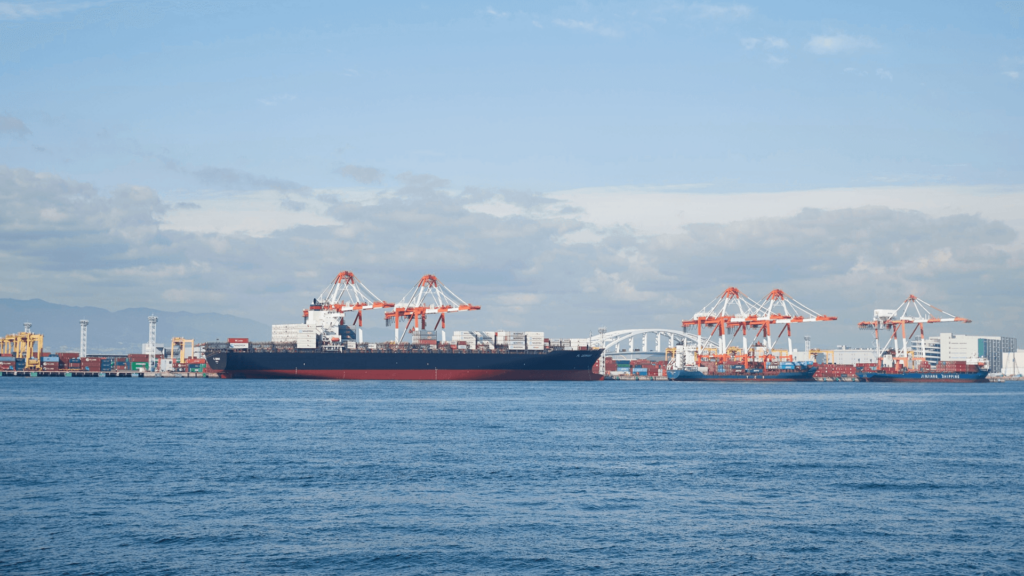
While air traffic levels have increased compared to Spring and Summer 2020, recovery is still slow and full of uncertainty. According to the last EUROCONTROL’s forecast, the most likely recovery scenario is that by the end of 2021, traffic will only have recovered to 72% of 2019 levels and it will only get close to pre-pandemic levels by 2025[1].
On 19 March 2020, the Commission adopted a Temporary Framework for State Aid measures, which is based on Article 107(3)(b)TFEU and complements other possibilities available to Member States to mitigate the social-economic impact of the coronavirus outbreak in line with EU State aid rules, notably the possibility under Article 107(2)b TFEU to compensate specific companies or specific sectors for the damages directly caused by exceptional occurrences, such as the coronavirus outbreak.
The 17th Florence Air Forum, co-organised by the Transport Area of the Florence School of Regulation together with the European Commission’s DG COMP’s Directorate F, will examine the hard impact of Covid-19 on the air sector and will explore possible ways-forward to ensure its recovery. More specifically, the main objective is to analyse whether special needs exist in the short-term/mid-term period, until the Aviation Guidelines are reviewed.
Session A of the forum is dedicated to investment aid and support to green investments of airports and airlines. The European Green Deal calls for a 90% reduction in greenhouse gas emissions generated by all transport modes, in order for the EU to become a climate-neutral economy by 2050. The 2030 Climate Target Plan and the 2020 Commission’s Sustainable and Smart Mobility Strategy require that aviation does its part in achieving climate neutrality by 2050.
To meet the objectives of the Green Deal, it is important that the aviation sector continues investing in green projects (such as the purchase of cleaner aircrafts, the improvement of environmental performance of airport buildings, the development of recharging or refuelling infrastructure for cleaner aircrafts, the development of multimodal hub and facilities, etc.), both in the short-term despite the current difficulties generated by the COVID-19 pandemic, and in the longer term.
The Commission is currently proposing to include the aviation sector (and more generally the transport sector) in the scope of the new Climate, Environmental protection and Energy Aid Guidelines (CEEAG). Specifically, it is proposed to open the possibility for this sector to benefit from environmental aid under the same horizontal conditions as all other sectors.
Last but not least, on 24 June 2021, the Biden administration announced a $1.2 trillion Bipartisan Infrastructure Framework, out of which $25 billion investments will be allocated to airports, to promote clean transportation infrastructure and resilience to the changing climate. What is the European answer to the same compelling issue?
Session B focuses on operating aid to regional airports. The Aviation Guidelines (AG) were adopted in 2014 and set out the conditions under which member states and local authorities can grant state aid to airports and airlines in the EU.
Although operating aid is very distortive, the 2014 AG allow such aid for small airports for a transitional period of 10 years, in view of the important role that these airports play for regional connectivity, and of the difficulties faced by those airports to adjust their business model to increased market competition. Thus, once the transitional period expires on 3 April 2024, no operating aid will be authorised under the AG. This transitional provision relied on the assumption that market changes promoted by the AG would have allowed airports to adjust and cover their costs by the end of the transitional period. Unprofitable airports were supposed to close, thereby reducing overcapacity in the market.
However, in the context of a comprehensive policy evaluation of the State Aid Modernisation (SAM) package (“Fitness Check”) launched in 2019, the Commission found that the phasing out of operating aid to small airports is likely to create difficulties for small airports (less than [500 000 – 700 000] passengers) because many of them will not be capable to cover their operating costs by 2024.
Second, the pandemic has heavily hit the aviation sector, especially small and medium airports, which are characterized by high fixed operating costs, no cash reserves and very low activity. Thus, certain airports, which were on the path of profitability before the crisis, are now unlikely to be able to cover their operating costs as of 2024. The main question is for how long the regional airports might need public support?
Session C elaborates on the connectivity needs. Air connectivity is an essential component of the European Single Market, as it can foster cross-border trade, promote economic growth and European integration. While certain routes might not be viable on their own, their existence might be needed to ensure connectivity. Therefore, the AG foresee a possibility to grant State support for start-up routes and regional airports, and that is why State support can be granted under rules on public services obligations (“PSOs”) for routes that are genuinely in the public interest. However, in practice, the provisions of the AG on start-up aid have been rarely used by Member States. The rules governing PSOs are also interpreted very restrictively.
Furthermore, the COVID-19 outbreak had a deep impact on the aviation sector, and concerns have been expressed that it could lead to a substantial loss of air connectivity. This raises the question of the opportunity to: (i) in the short-term, adopt a temporary set of rules to restore connectivity after the COVID-19 outbreak; and/or (ii) in the mid- and long-term, adjust existing rules on start-up aid.
Session D is dedicated to the timely topic of remedies in mergers. A new round of consolidation in the industry can be expected as a result of the financial difficulties of many airlines. In order to protect competition, effective remedies have to be identified.
[1] https://www.eurocontrol.int/sites/default/files/2021-05/eurocontrol-four-year-forecast-2021-2024-full-report.pdf
Please kindly note that participation in this forum is by-invitation only.
SPEAKERS’ PRESENTATION SLIDES:
Juan Montero – Florence School of Regulation Transport Area
Teodora Serafimova – Florence School of Regulation Transport Area
Niamh McCarthy – International Airlines Group
Bastiaan de Bruijne – ACI Europe
Carlos Neves Almeida – Portugália Airlines
Bernhard Persch – German Airports Association
Juan-Jesús García-Sánchez – Amadeus IT
Solene Flahault -European Regions Airline Association
Delphine Grandsart – European Passengers’ Federation
Emmanuel Mounier -EU Travel Tech

The 4th Florence Rail Regulation Conference aims to discuss advancements for accelerating the growth of the railways in the EU.…

The 3rd Florence Aviation Regulation Conference aims to discuss current and future economic and regulatory policies relating to European air…

The 1st Florence Maritime Regulation Conference aims to discuss regulatory advancements that accelerate the competitiveness and sustainable development of shipping,…
To meet, discuss and learn in the channel that suits you best.